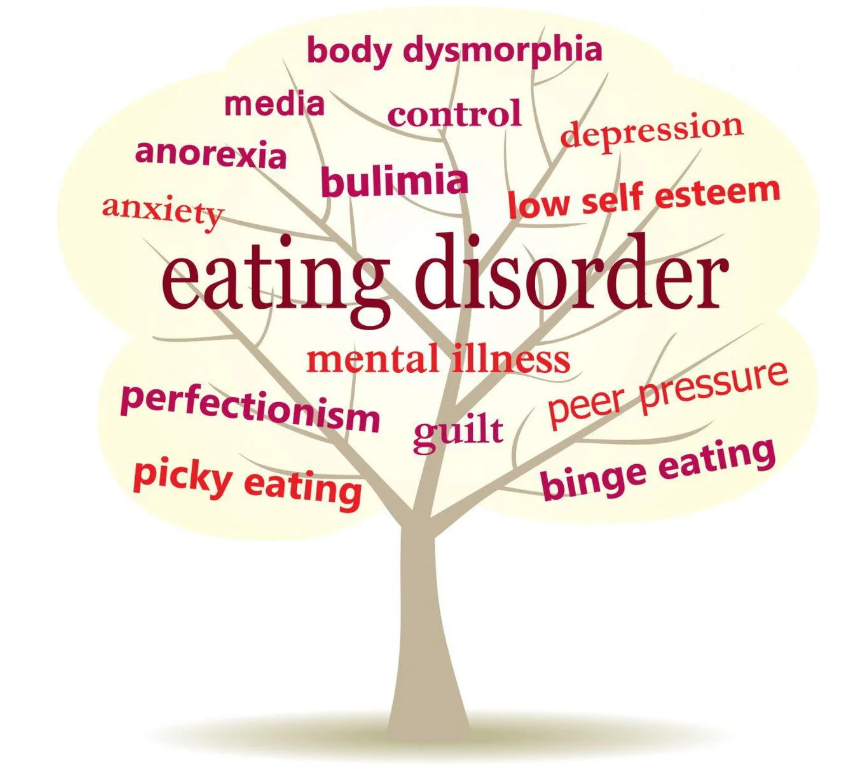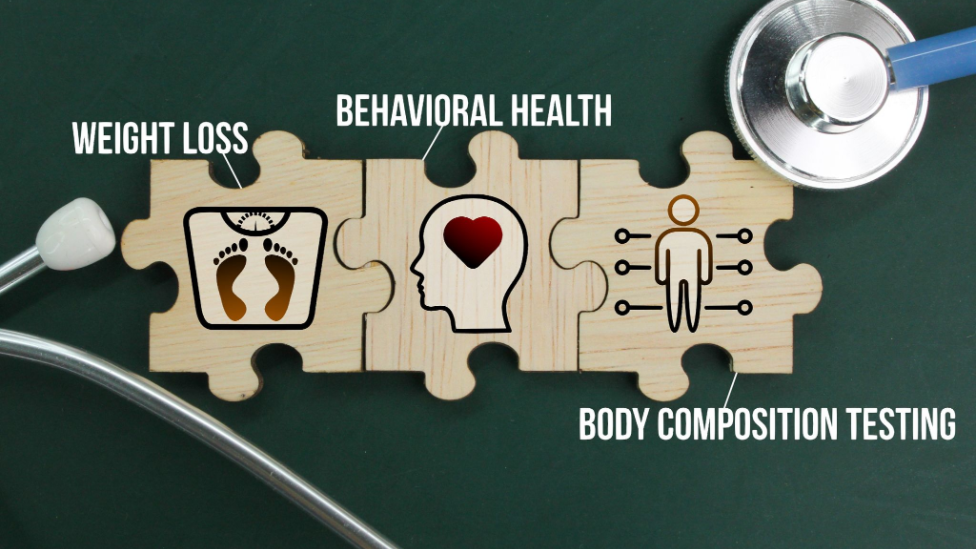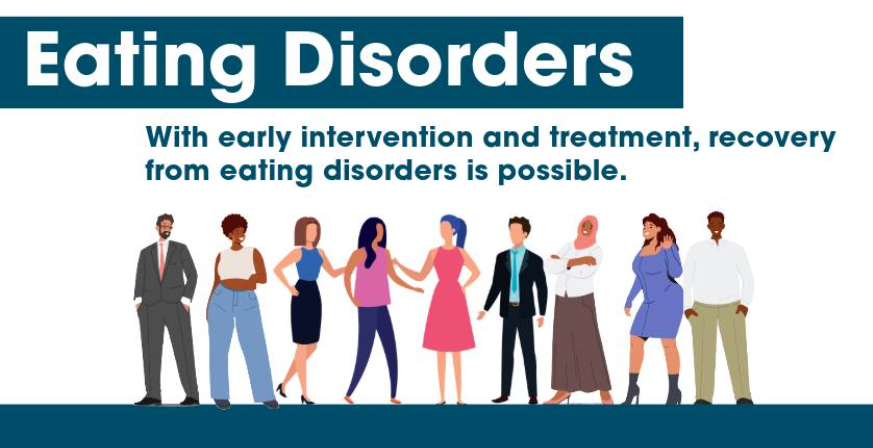
Helping you find balance, confidence, and peace with food and body.
Understanding Eating Disorders
Eating disorders are complex mental health conditions that involve persistent disturbances in eating behaviors and related thoughts and emotions. Common types include anorexia nervosa, where individuals may severely restrict food intake, bulimia nervosa, marked by cycles of bingeing and purging, and binge-eating disorder, characterized by episodes of excessive eating without purging. These disorders often stem from a combination of biological, psychological, and social factors, including low self-esteem, trauma, or societal pressure. People struggling with eating disorders frequently develop an unhealthy relationship with food, body image, and self-worth.


Comprehensive Assessment
To fully understand the impact of an eating disorder, we take a comprehensive approach to evaluation. This includes reviewing physical health indicators such as weight changes, nutritional deficiencies, and any related medical concerns. We also assess psychological factors like self-esteem, body image, and emotional triggers that may contribute to disordered eating. By closely examining eating habits and behavior patterns, we can identify the type and severity of the disorder. This thorough understanding allows us to create a personalized and effective treatment plan tailored to the individual’s unique needs.
Multidisciplinary Treatment Approach
Eating disorders impact both the body and mind, which is why a multidisciplinary approach is essential for recovery. Therapists help address the emotional and psychological roots of the disorder, while nutritionists guide patients in rebuilding a healthy relationship with food. Medical doctors monitor physical health and manage any complications caused by disordered eating. Our team works collaboratively to ensure that every aspect of the patient’s well-being is supported. By combining expertise from different fields, we create a holistic care plan that supports long-term healing and stability.


Long-Term Recovery Support
Recovery from an eating disorder doesn’t end with initial treatment—it’s a continuous process that requires consistent care and reinforcement. Ongoing therapy helps individuals work through deep-rooted emotional challenges and develop healthier coping strategies. Support groups offer a safe space to share experiences, reduce isolation, and gain encouragement from others on similar paths. We also monitor progress over time to catch potential relapses early and adjust care as needed. This long-term support structure plays a vital role in sustaining recovery and fostering lasting change.
